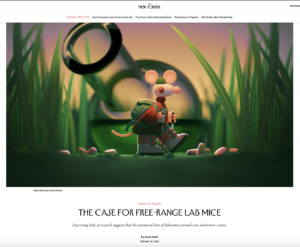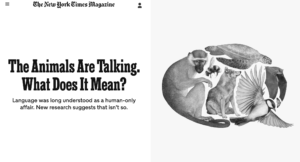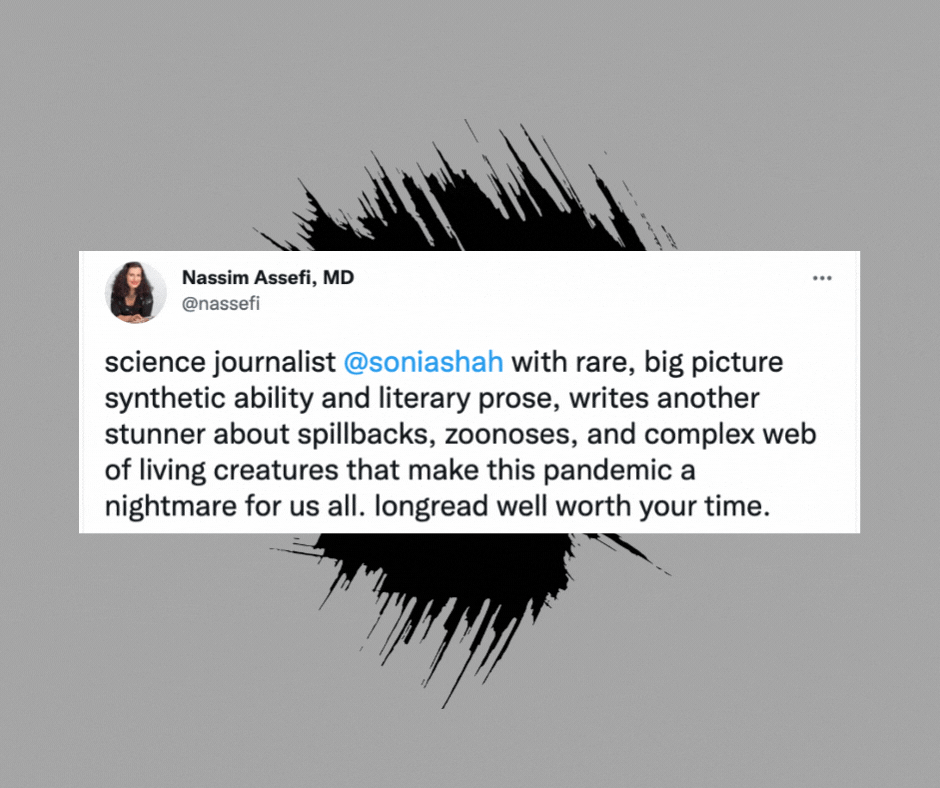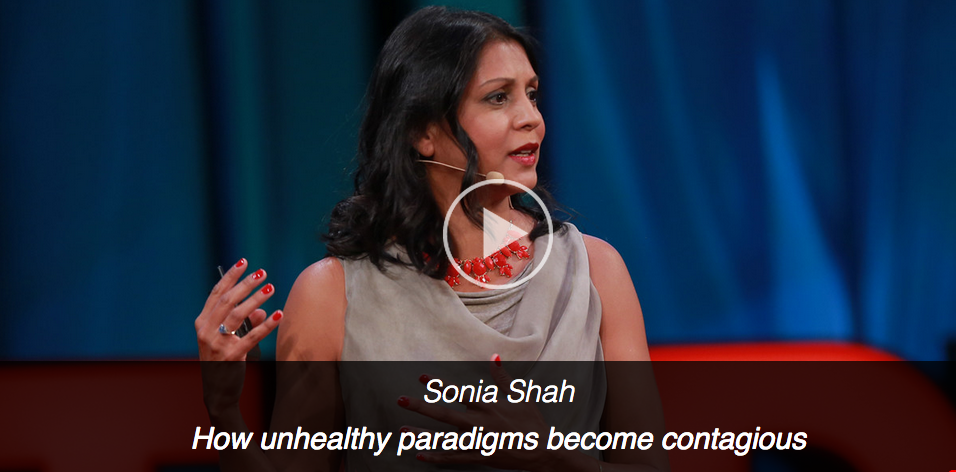August 17, 2006
Exposing prisoners to experimental drugs would be allowed only after the completion of early toxicity testing. This will hardly restrain drugmakers because they don’t need prisoners for early toxicity testing anyway. Students and homeless people line up in droves for the $200 daily fee, plus room and board, on offer at the industry test clinics. It’s “money for doing almost nothing,” as one test subject, a former law student, told me.
The bottleneck for drugmakers is in recruiting warm bodies for late-phase trials that establish a new product’s effectiveness with statistical certainty. These “Phase 3″ trials can require tens of thousands of patients to complete, and most drug-saturated Americans are reluctant to take part. Eighty percent of trials fail to meet recruitment deadlines, bleeding drugmakers of $1 million a day while their blockbuster wanna bes remain locked up in development.
To solve the dilemma, many drugmakers have rushed overseas, to places like India and Poland, where sick, desperate patients are abundant. Now, if the institute’s recommendations hold sway, they’ll be able to access the 7 million souls captive to the US correctional system as well. The institute’s proposed caveat — that prisoner experiments include subjects from outside prison walls as well — will make little practical difference in such trials. Few, if any, drugmakers would want to restrict these huge trials to prisoners anyway.
The institute also recommends that prisoners help oversee prison experiments. Unfortunately, often in resource-constrained environments, most everyone has an interest in the resources that well-funded research can bring in. “It generates quite a bit of hard-earned money,” one clinical investigator in South Africa explained to me. According to the institute, prisoners shouldn’t be deprived of this by a “myopic” obsession with informed consent.
The rationale, according to the institute, is that “access to research may be critical to improve the health of prisoners and the conditions in which they live.”
This is a bit fuzzy. Research breakthroughs alone don’t change conditions, as anyone who has seen stockpiles of vaccines rotting in tropical warehouses can tell you. Change requires the implementation of research, which most researchers are neither responsible for nor interested in. Sadly, there’s no guarantee that helpful research on prisoners will be promptly — or ever — applied to improve prison conditions.
In fact, the institute can scarcely ensure that research on prisoners offers the “potential benefit” that their proposed regulations call for. Pediatric trials are supposed to offer “potential benefit” to children. Why, then, do clinical-trials registries list just one trial on pediatric AIDS (a fatal disease for which few pediatric formulations of needed medicines are available), compared with no fewer than 70 on high blood pressure in children?
These experiments are not designed for their potential benefit to children, although drugmakers effectively argue that some subset of children will benefit from them. Rather, children are rounded up for such trials because blood-pressure drugs bring in $25 billion a year for drug companies, and testing these primarily adult medications on children extends drugmakers’ brand-name patents by several lucrative months.
Since 2000, Food and Drug Administration officials and drug executives have led a movement to restrict the rights of human subjects in medical research: from making substandard care to the poor acceptable, to gutting strict curbs on the use of placebos. The institute’s stance seems part of the trend. But once the experimenters are given the keys to the lockup, the choice for the imprisoned will be stark.
Behind bars, “death at random is a way of life,” according to one prisoner who spoke to government advisers prior to bans in the 1970s. “The only place in this prison that people don’t die is in the research unit,” he said. “Just what is it that you think you are protecting us from?”
For this prisoner, at least, the choice was clear: Be experimented upon or die.













